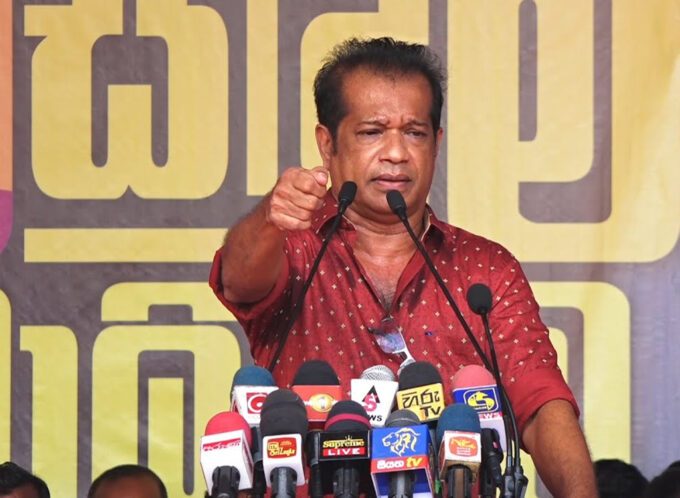A newly released report by the Department of Census and Statistics has revealed a grim portrait of Sri Lanka’s economic landscape, with more than half the population currently in debt and the vast majority of households grappling with increased living expenses.
According to the findings, 54.9% of Sri Lankans are currently in debt, a stark indicator of the deepening financial stress brought on by what many economists regard as the country’s worst economic crisis since independence.
The data highlights that 22% of Sri Lankan households have fallen into debt as a direct consequence of the recent economic turmoil. Among them, the highest number, nearly 31%, are indebted due to property mortgages, suggesting mounting pressure on families attempting to secure long-term housing in an unstable financial environment.
Bank loans account for 21.9% of family debt, while 9.75% of households have taken loans from informal sources or individuals, often with high interest rates, to stay afloat, a trend that raises concerns about the rise of predatory lending practices and long-term debt traps.
The report further underscores the erosion of financial stability across the country, with 60.5% of families reporting a decrease in income during the crisis. In stark contrast, only 3.4% of households have seen an increase in earnings, while 36.6% said their income levels remained unchanged.
At the same time, the cost of living continues to soar. The department’s analysis reveals that 91.1% of Sri Lankan families are now spending more on average each month, while only a small fraction, around 3.6%, have managed to reduce their monthly expenditure.
The figures paint a worrying picture of a society where rising inflation, stagnant wages, and diminishing employment opportunities are pushing more citizens into financial vulnerability.
Economists warn that unless urgent measures are taken to address household debt, provide relief to low-income families, and stimulate job creation, the long-term socioeconomic consequences could be severe.











Leave a comment